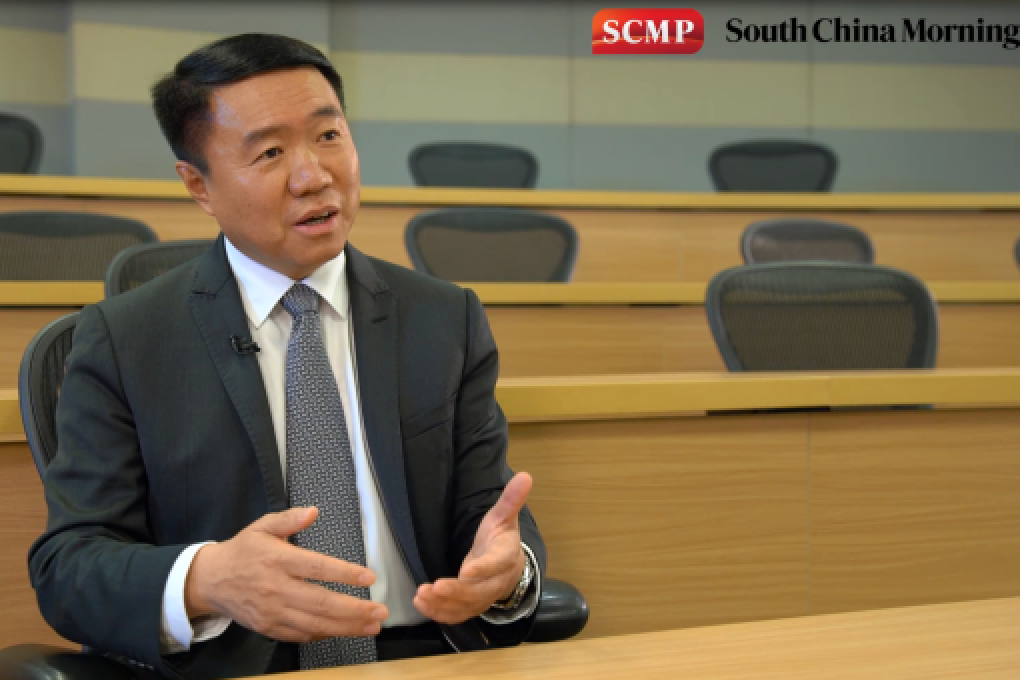SCMP x HKUST - Expert Insight Series 2017: Professor Xu Yan
The mention of the word "innovation", especially when linked to the telecommunications industry, usually conjures up images of new products and services or new business models...

The mention of the word "innovation", especially when linked to the telecommunications industry, usually conjures up images of new products and services or new business models. But according to one of Hong Kong's leading telecommunications experts, the ability to use existing technology to improve existing products or services should not be overlooked.
"Innovation doesn’t always have to involve the use of cutting-edge technology, innovation can simply mean improving a product or process or delivering a service in a more efficient way," says Professor Xu Yan, associate dean of HKUST Business School (HKUST EMBA Program, Executive Programs and China Strategy) and professor of information systems, business statistics and operations management. He noted that while the rapid development of the internet has provided Hong Kong with a robust infrastructure to explore and exploit technology, the opportunities to develop new products and services or upscale existing technologies are not always utilised to the best advantage.
"Hong Kong always ranks near the top of global competitiveness indexes, but in the sub-sectors of innovation and creativity, we usually rank below twentieth place on an international scale," says Xu. On the latest Global Competitiveness Index, Hong Kong was placed ninth, but below 25th place for the three previous years in the innovation bracket.
While the professor is keen to see an uptick in the way that innovation is incorporated into products and businesses, he is also quick to stress that producing goods and services just for the sake of innovation, serves no useful purpose. Xu also points out that, across the world the demand for specific goods and services is always fluctuating.
"It used to be the case that companies would use innovation to lower the cost of production, or use innovative materials and design to satisfy current demand,” says Xu. “Nowadays, innovation is about anticipating future demand, which regularly calls for enhanced technology innovation. Hong Kong is no exception to this trend, and without reacting to it, not all businesses can be expected to survive."
Xu studied telecommunications engineering at the Beijing University of Posts and Telecommunications before studying for a second degree in telecommunication management.
Describing himself as a "telecommunications professional", Xu also spent five years as a lecturer before gaining his PhD in telecommunications policy from Strathclyde University in the UK. In addition to publishing two books, Chinese Telecommunications Policy and Innovated by Hong Kong, he has conducted numerous research projects for household name companies including British Telecom, China Mobile, Siemens, Hutchison Telecom and the International Telecommunications Union (ITU) of the United Nations.
Xu’s recommendations and research for the Audit Commission of Hong Kong Government, Communications Association of Hong Kong (CAHK), Central Policy Unit has helped shape the government's telecommunications and innovation strategies. For example, he helped form the framework that allows the government to distinguish the difference between type one and type two innovation concepts. He explains that while type one technology innovation might involve semi-conductor development or an initiative involving nano-technology, type two involves using technology to leverage on existing strengths. A good example, he says, is using Hong Kong's professional services platform to boost innovation strategies.
